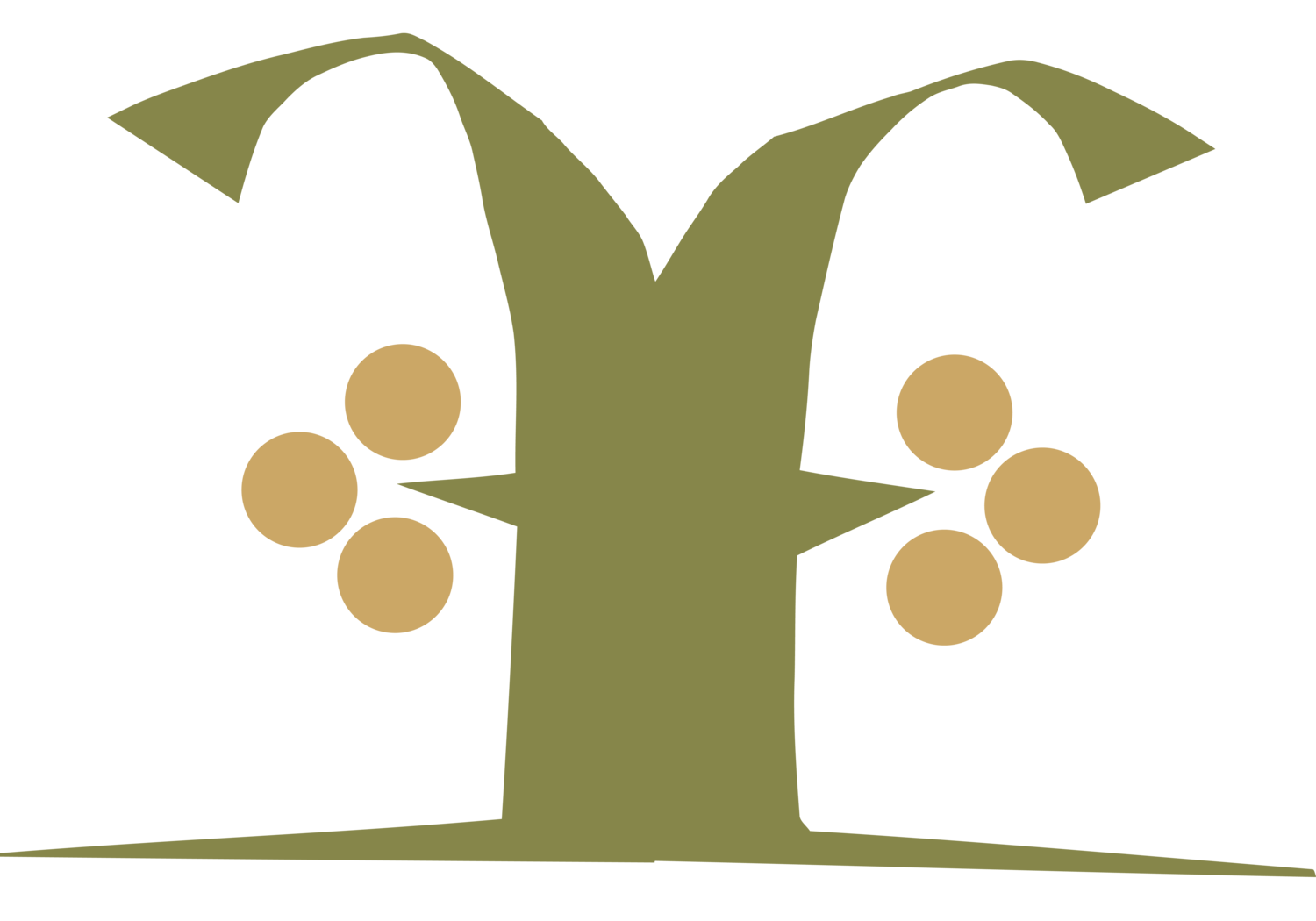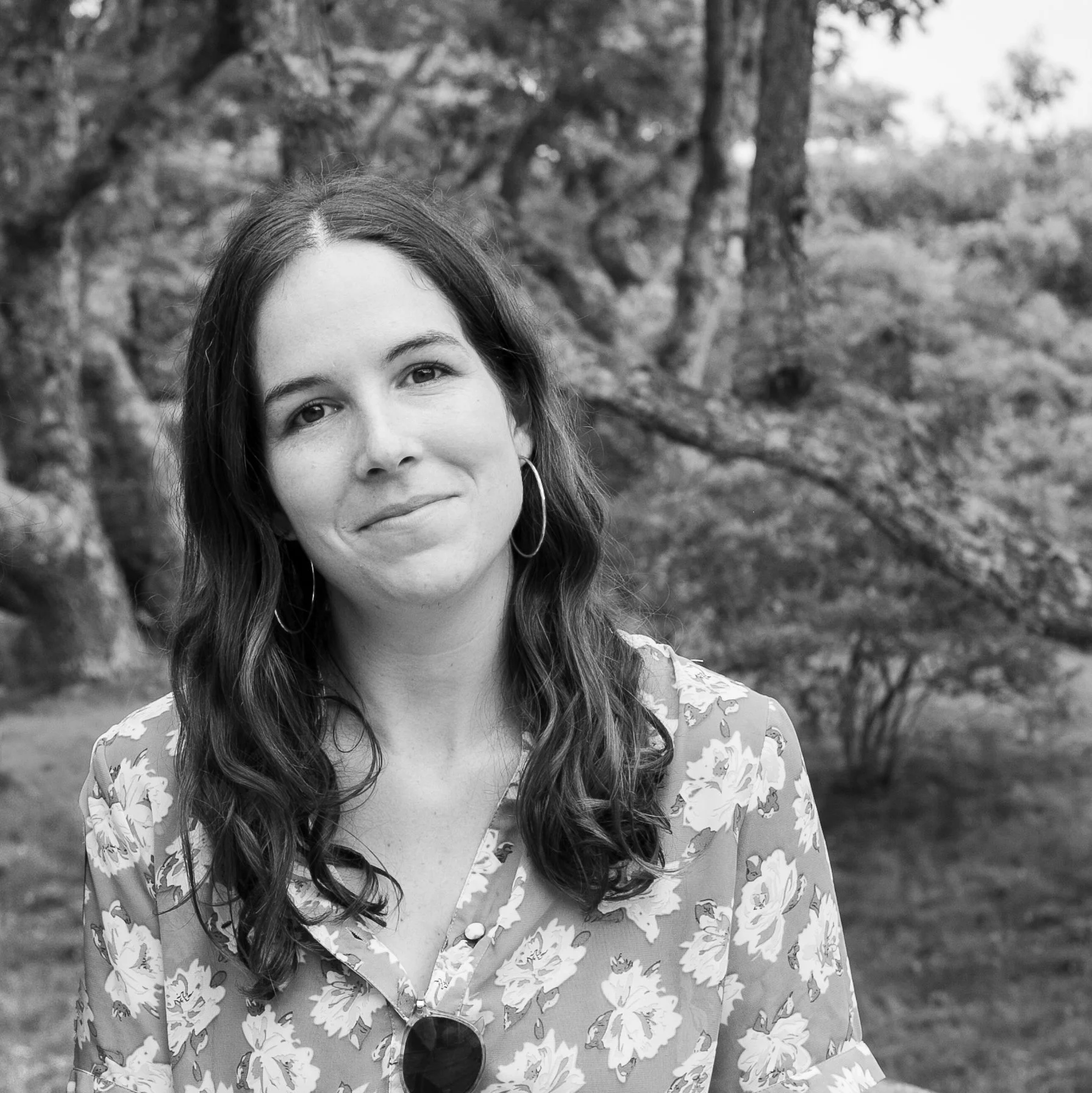
FINK FELLOWS
The Betsy and Jesse Fink Family Foundation believes in the power of the individual as well as the multiplied impact of building a network. Through the Fink Fellows program, we’ve built and supported a network of social entrepreneurs and environmental leaders whose collective action is creating systemic change and having a positive impact on our environment and humanity through projects that spur collaboration, and address some of our planet’s most compelling issues. The Fink Fellows program is inclusive of passionate advocates at all stages of career development from interns to executive directors, who share the Foundation’s vision around healthy communities, ecological sustainability, and climate change.
Meet Our Current Fellows
Tony Hillery - Harlem Grown
Tony is the Founder and Executive Director of Harlem Grown. Harlem Grown was founded to address the health and academic challenges facing public elementary school students in Harlem, NY. In 2011, Tony began volunteering with a local elementary school and was witnessing first-hand the lack of resources allocated to the schools and the poor nutrition of students. He noticed an abandoned and overrun community garden across the street from the school. Tony rallied volunteers and raised the funds needed to transform the lot into a thriving urban farm, kicking off Harlem Grown’s first-ever growing season. The first year, Tony worked with 400 students to plant 400 seedlings. He watched as students transformed their eating habits and learned skills like patience, teamwork, and responsibility. The first season, they grew 38 pounds of produce. Nine years later, Harlem Grown has expanded to partner with five local Harlem schools, reached over 4,900 youth, composted over 35,000 pounds of food scraps and grew over 6,000 pounds of fruits and vegetables that are then distributed to families-in-need throughout the community free of charge.
Tony’s work in the Harlem community has impacted more than just the youth, Tony has done his part to help transform the community through the power of growing food and building healthy relationships.
Molly Jacobson - SUNY ESF
Molly is a native pollinator ecologist at SUNY-ESF’s Restoration Science Center. She has been performing academic research and field surveys of native bees and other insect pollinators for nearly six years, including assessing historic bumble bee declines in the northeast during her undergraduate studies and evaluating the benefits of wetland restoration as pollinator habitat. In addition, she has also worked for US Fish & Wildlife and New Jersey Audubon assisting with the monitoring of migratory raptors and imperiled shorebirds.
Molly is dedicated to the importance of public outreach and education as a crucial tool to raise awareness of environmental issues, foster scientific literacy and curiosity, and to inspire people of all ages and backgrounds to become invested in the welfare of their corner of the natural world for both local wildlife and human beings. For over a decade she has shared her love of nature in many forms, from workshops and webinars on native gardening to interpretive brochures, popular articles, and numerous citizen science projects.
Mary Sage Napolitan - Island Grown Initiative
Mary Sage is the Regenerative Landscape Manager at Island Grown Farm, a program of Island Grown Initiative, on Martha’s Vineyard. In her role at IGI, she works to design, implement, and maintain projects that serve to enhance the ecological health, biodiversity, functionality, and universal accessibility of the farm landscape. Her work on the farm includes restoring native plant communities to support native pollinators and wildlife species, propagating native plants, implementing landscape-based nutrient management and water conservation strategies, and managing a multispecies permaculture orchard.
Mary Sage earned her Masters of Science in Ecological Landscape Design and Planning from the Conway School. In addition to her work at IGI, she now also works independently as a landscape designer and steward, managing home food gardens and conducting ecological analysis and design for landscape-based projects on Martha’s Vineyard, including affordable housing developments, public spaces, and private residences.
Matt Pelikan - Martha’s Vineyard Atlas of Life, BiodiversityWorks
Naturalist and writer, Matt has been involved in conservation on Martha’s Vineyard since he moved there in 1997, as a volunteer, board member, contractor, and employee. He has written extensively on natural history and ecology for regional publications and has led or participated in a wide range of biological survey and “citizen science” projects. His current interests include butterflies, tiger beetles, and flies; his ten-year effort to catalog Orthoptera on Martha’s Vineyard has documented 50 species on the Island. A firm believer that conservation is as much a social issue as a scientific one, Matt looks forward to helping the Foundation build resilient human and biological systems on the Vineyard and farther afield.
Hannah Semler - WholeCrops
Through her consulting business, WholeCrops, Hannah works at the intersection of food waste prevention, produce rescue, and hunger-relief. For the last two years, she has worked in Colorado (Eagle Valley Community Foundation) and Arizona (Community Food Bank of Southern Arizona) as a Fink Fellow, building strategic capacity for produce rescue efforts. Hannah began thinking about the importance of local food sovereignty and communities around the globe during an opportunity to work with subsistence farmers in Mexico and Guatemala while completing her undergraduate studies at the College of the Atlantic in Maine. In 2011 she began working as Sustainability Director for Sin Mas, a food business initiative in Barcelona. Struck by the quantity of food waste generated at the stores she was managing, and the lack of donations programs, Hannah quit her job and dedicated her time to writing her Master's Thesis on the topic of food waste management at retail food businesses. In 2013, Hannah launched Healthy Acadia's Downeast Gleaning Initiative in Maine, expanding the model to more communities and eventually forming the Maine Gleaning Network. Hannah co-founded FarmDrop in 2018 and remains its CEO. FarmDrop offerers a community-supported online farmers market tool to build thriving local food systems from the ground up.
Hannah’s latest project, What is American Food?, is now available on Apple Podcasts.
Noli Taylor - Island Grown Initiative, Island Climate Action Network
Noli is the Senior Director of Programs at the Island Grown Initiative (IGI) on Martha’s Vineyard. She began her work with IGI in 2006 and has been a tireless advocate for food equity and climate awareness. Noli’s climate activism also led her to establish the Island Climate Action Network (ICAN), which is a volunteer organization on Martha’s Vineyard that provides information about local climate change activities, advocates for local climate action, and provides information on ways islanders can get involved.
Noli is passionate about the power of food to bring communities together and deepen our relationship to the natural world. She has done environmental and agricultural advocacy and organizing work with nonprofits and community groups across the country. Noli graduated from Haverford College and the Green Corps Field School for Environmental Organizing and served on the Massachusetts Department of Agricultural Resources Board of Food and Agriculture and the board of Massachusetts Farm to School.
For more information on how Noli’s work with IGI has helped to provide Islanders access to healthy, farm-fresh food during the Covid-19 pandemic, visit this MV Times article.
Fink Fellowship - SUNY College of Environmental Science and Forestry
The Fink Fellowship at ESF is intended to promote the career and professional development of students at the SUNY College of Environmental Science and Forestry. Committed to solving environmental challenges, the Foundation is also committed to supporting students who strive to do the same. The Fink Fellowship program at ESF supports internships and independent exploration (workshops, certifications, etc.) for undergraduate and graduate students.







